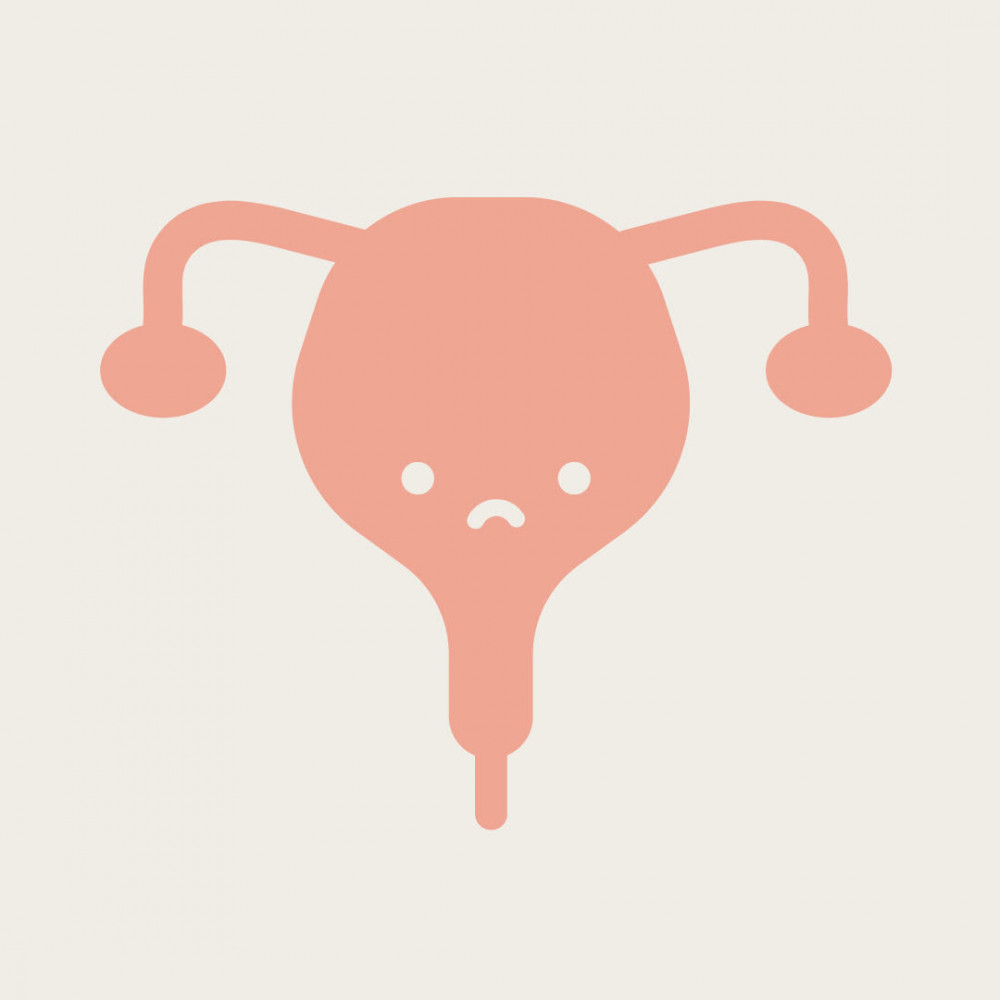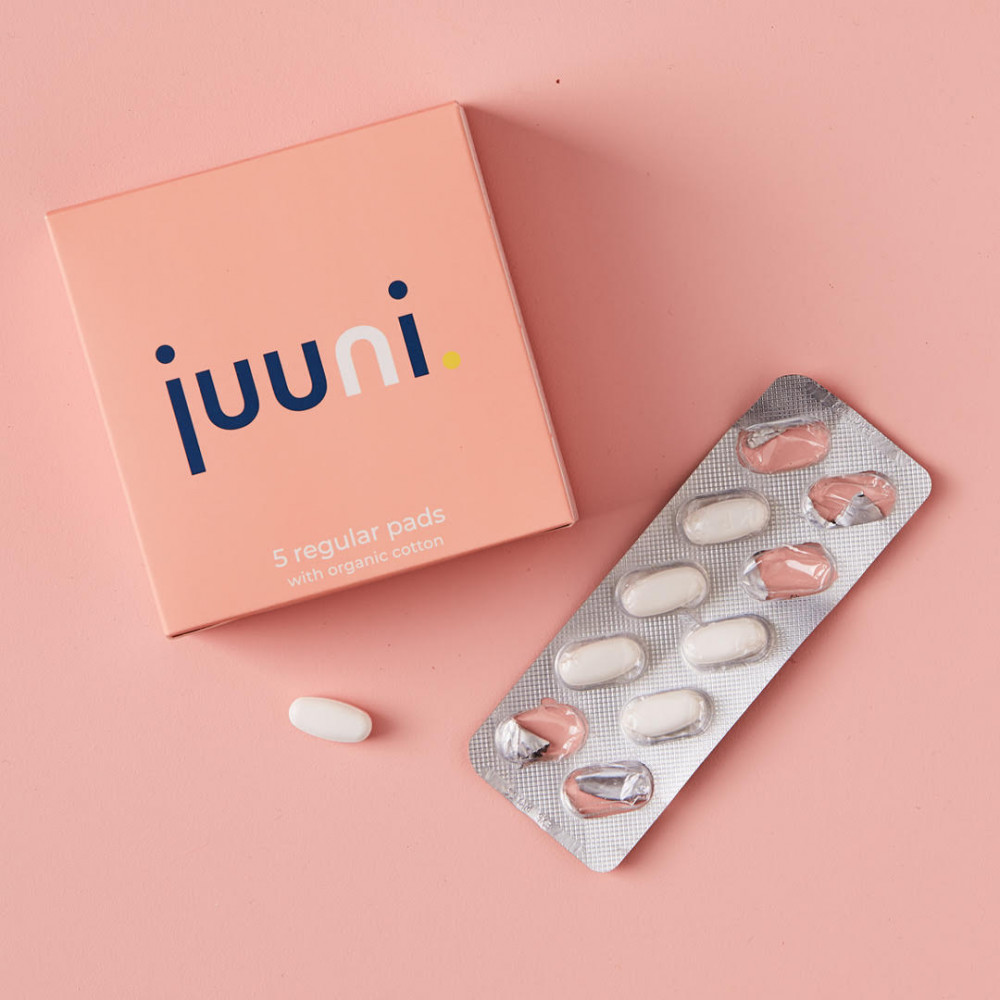Poly Cystic Ovarian Syndrome (PCOS) is a complex hormonal condition that affects up to 13 per cent of women. If you have PCOS, it means you produce higher than normal levels of male hormones from your ovaries. Women with PCOS often have enlarged ovaries, and/or their ovaries may have many small, fluid-filled sacs growing on or inside them, hence the name. These sacs are actually follicles, each containing an immature egg that never gets big enough to trigger ovulation.
Why PCOS happens is unclear, but research often puts it down to increased levels of insulin. Like many conditions, it tends to run in families. It is also more common in indigenous women.
So how do you know if you’ve got it? There are a lot of different symptoms, meaning it can be hard to pin down, but there is some common ground. Irregular periods is one of the biggies, as are weight gain, excess body hair and acne. Some girls start seeing symptoms as soon as they have their first period. Other women only discover they have PCOS when they’ve tried and failed to get pregnant. Few people have the same set of symptoms, and the symptoms you do have may change at different stages of your life.
A doctor will pursue a diagnosis of PCOS if you tell them you have irregular or no periods, combined with other symptoms such as bad skin and facial hair. They will then do a blood test to see if there are high levels of androgens (so-called ‘male hormones’) present in your blood.
Next step is often an ultrasound, although if you are under 20, a combination of irregular periods and a positive blood test will be enough for a diagnosis of PCOS to be made.
There is no cure for PCOS, bit it IS treatable. Therapies used vary depending on individual symptoms. They include the contraceptive pill, and drugs to lower the levels of male hormones being produced.
Physical fitness and wellbeing are also super important. Not all women who have PCOS are overweight, but if you are, losing weight can have a really positive impact on symptoms. It also reduces the risk of adding type 2 diabetes and cardiovascular disease to the mix. With good management of symptoms, many women with PCOS see a great improvement in their symptoms, and go on to have babies in their own good time.





